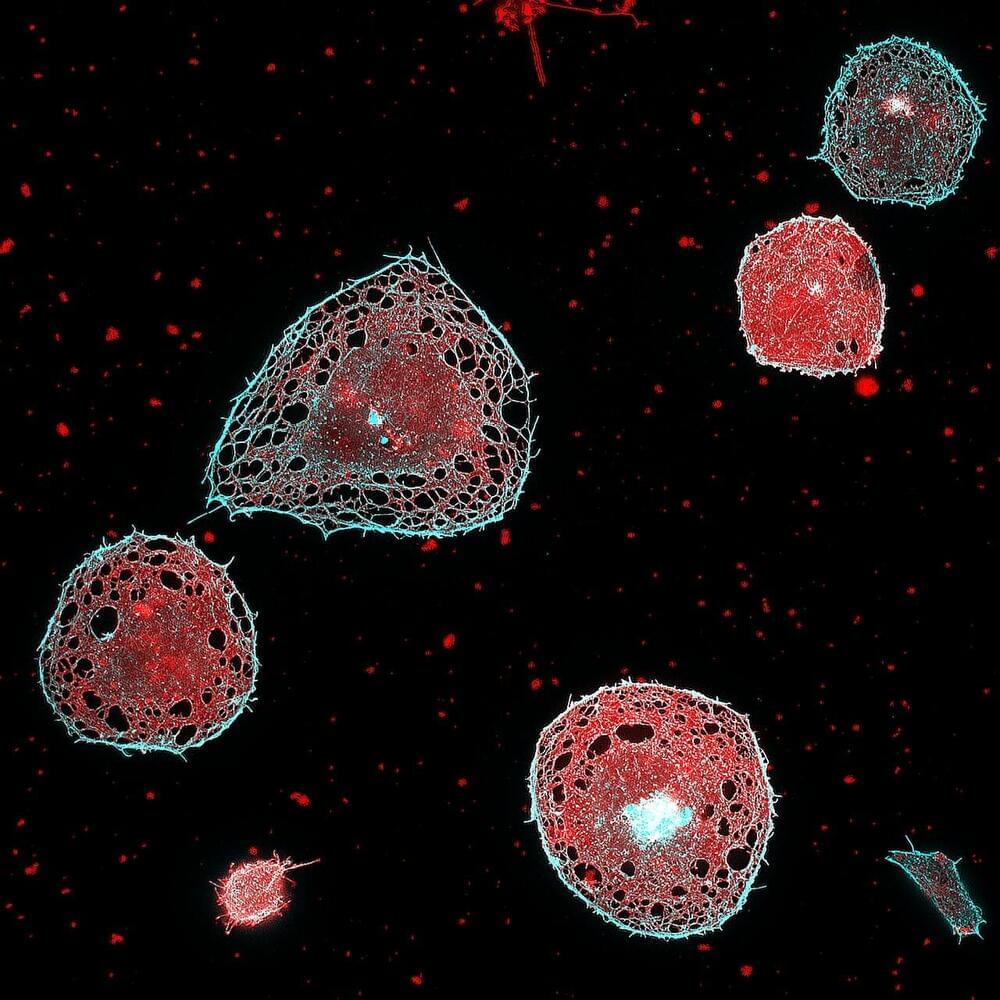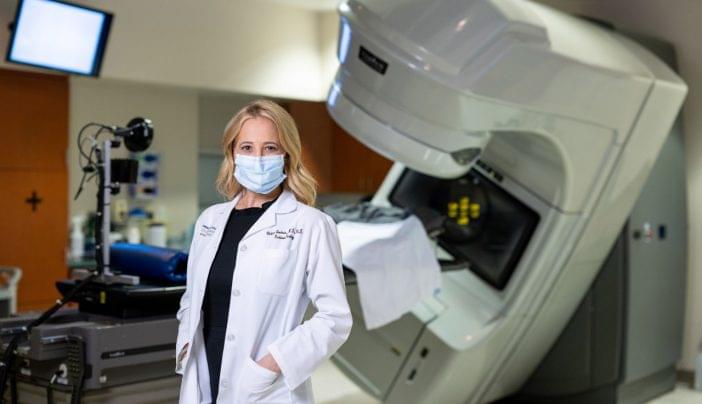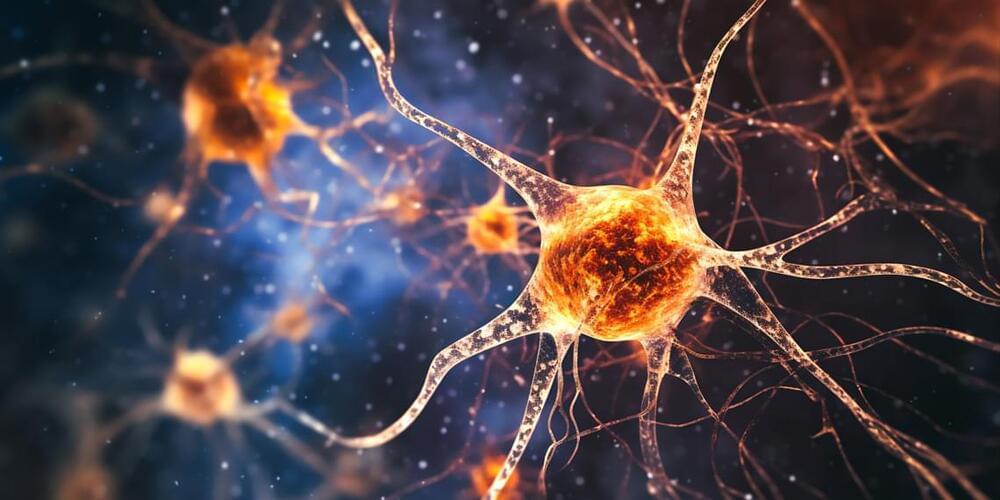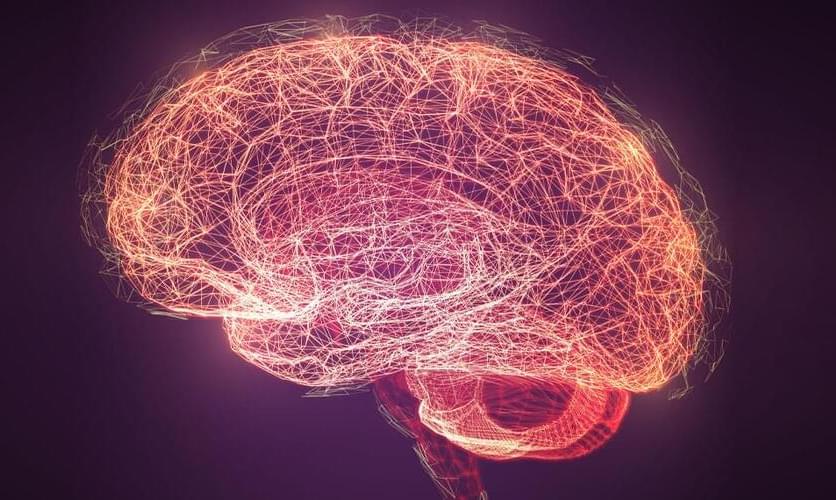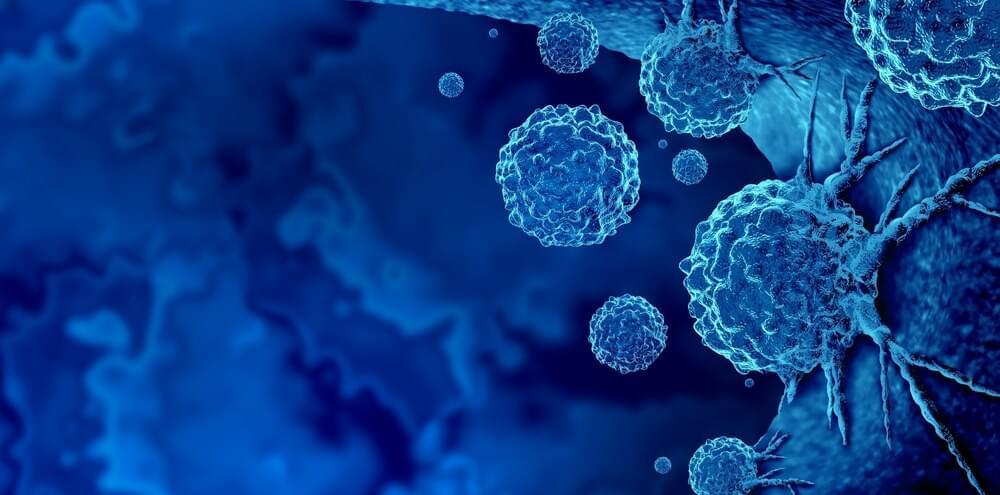Researchers have developed a fluorescence microscope that uses structured illumination for fast super-resolution imaging over a wide field of view. The new microscope was designed to image multiple living cells simultaneously with a very high resolution to study the effects of various drugs and mixtures of drugs on the body.
“Polypharmacy—the effect of the many combinations of drugs typically prescribed to the chronically sick or elderly—can lead to dangerous interactions and is becoming a major issue,” said Henning Ortkrass from Bielefeld University in Germany. “We developed this microscope as part of the EIC Pathfinder OpenProject DeLIVERy, which aims to develop a platform that can investigate polypharmacy in individual patients.”
In the journal Optics Express, the researchers describe their new microscope, which uses optical fiber delivery of excitation light to enable very high image quality over a very large field of view with multicolor and high-speed capability. They show that the instrument can be used to image liver cells, achieving a field of view up to 150 × 150 μm2 and imaging rates up to 44 Hz while maintaining a spatiotemporal resolution of less than 100 nm.
